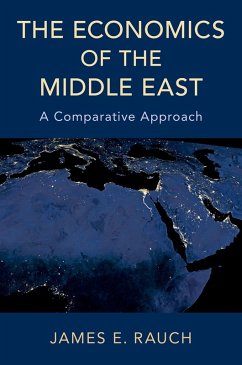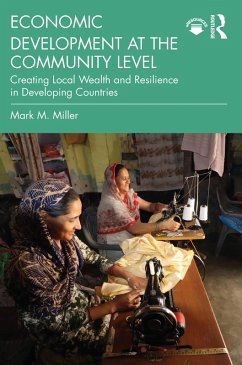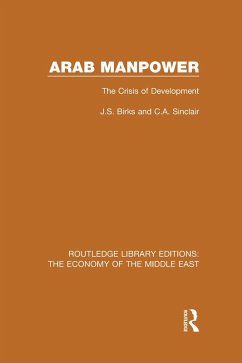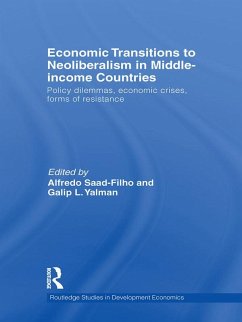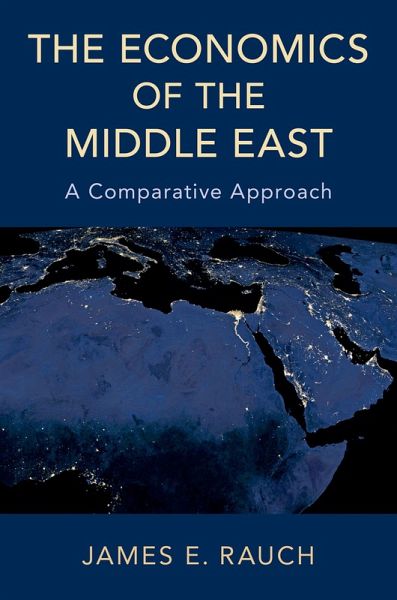
The Economics of the Middle East (eBook, ePUB)
A Comparative Approach
Versandkostenfrei!
Sofort per Download lieferbar
24,95 €
inkl. MwSt.
Weitere Ausgaben:

PAYBACK Punkte
12 °P sammeln!
Countries in the Middle East have very different economies, even if they are often grouped together. In The Economics of the Middle East, James Rauch focuses on the drivers of their distinctiveness, including the effects of their natural endowments, geographic locations, and interactions with the global economy. This book evaluates the socioeconomic trajectories of three groups of Middle Eastern States: Sub-Saharan African, fuel-endowed, and "Mediterranean." It compares these groups both to each other and to developing countries in other regions with similar characteristics. Rauch draws on bas...
Countries in the Middle East have very different economies, even if they are often grouped together. In The Economics of the Middle East, James Rauch focuses on the drivers of their distinctiveness, including the effects of their natural endowments, geographic locations, and interactions with the global economy. This book evaluates the socioeconomic trajectories of three groups of Middle Eastern States: Sub-Saharan African, fuel-endowed, and "Mediterranean." It compares these groups both to each other and to developing countries in other regions with similar characteristics. Rauch draws on basic approaches to economic development to enhance understanding of important issues, such how policies on gender, education, health, and the environment affect development. His comparative perspective sheds light on how and why the Arab countries, Iran, and Turkey have done better or worse than similar countries in other regions. His analysis throughout is supported by data that are well organized and clearly presented. Rauch develops new insights on topics as diverse as unemployment, urbanization, corruption, and the importance of intraregional flows of investment and migrants. The result is a fascinating and balanced overview of the socioeconomic performance of the Arab countries, Iran, and Turkey that presents a new lens on the economics of the Middle East.
Dieser Download kann aus rechtlichen Gründen nur mit Rechnungsadresse in A, B, BG, CY, CZ, D, DK, EW, E, FIN, F, GR, HR, H, IRL, I, LT, L, LR, M, NL, PL, P, R, S, SLO, SK ausgeliefert werden.





